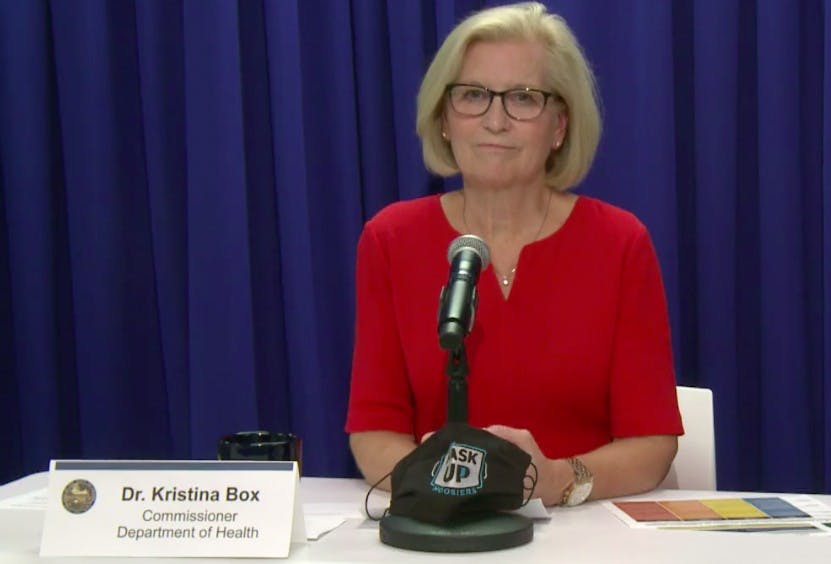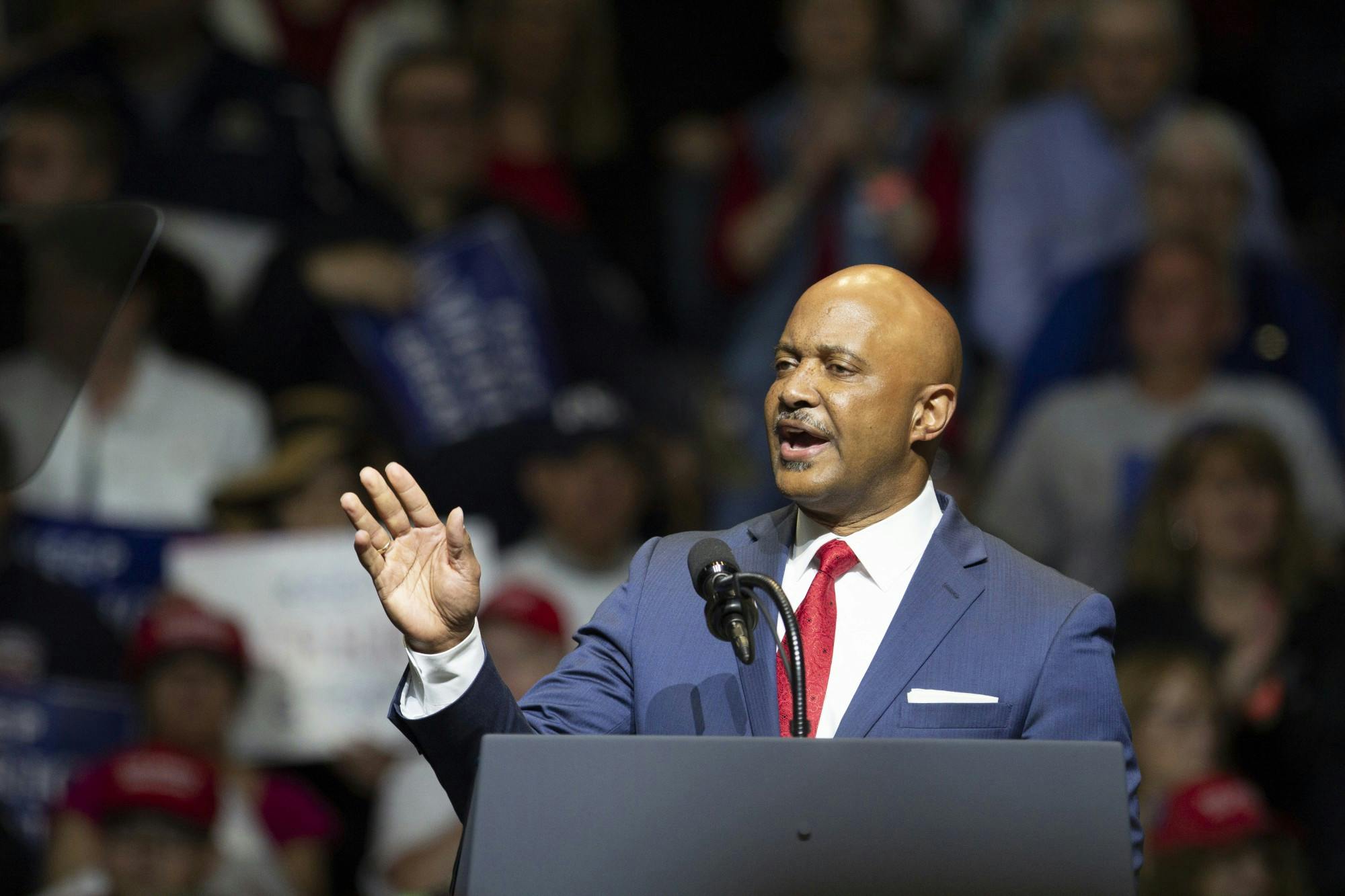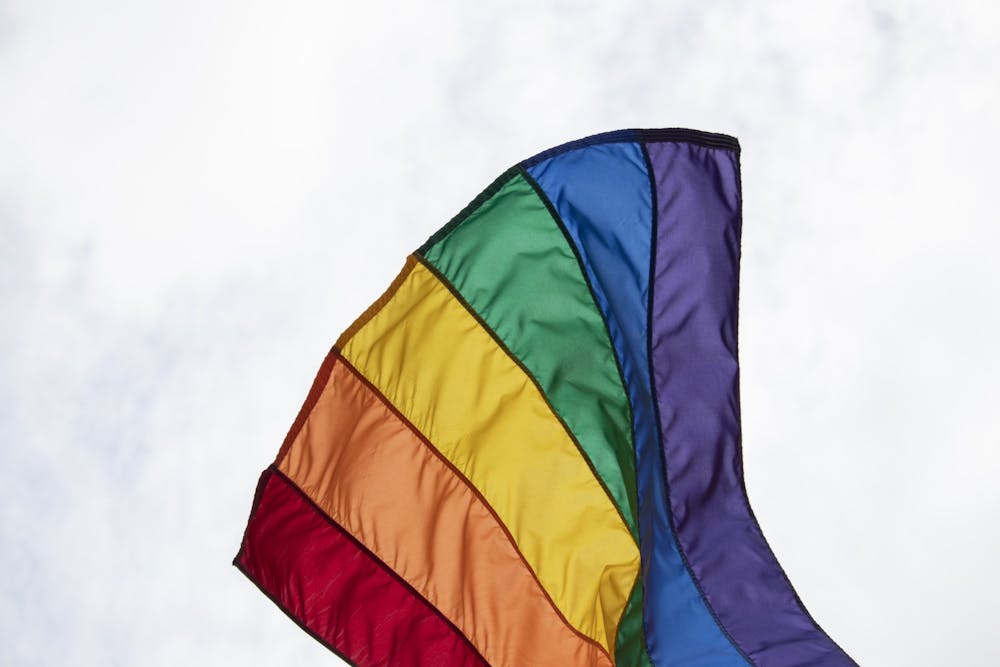Indiana Attorney General Curtis Hill petitioned the Supreme Court on Nov. 23 to hear a case that could dramatically roll back the parenting rights of same-sex couples.
Box v. Henderson is a case that could allow Indiana to refuse to list the wives of birth mothers on their children’s birth certificates. It would still allow the husbands of birth mothers to be listed as their child’s parent on a birth certificate.
“What Indiana is trying to do is take away a parent of a child born into a marriage,” Jennifer Drobac, a professor at the IU Robert H. McKinney School of Law, said. “Why would anyone do that?”
If the Supreme Court doesn’t take the case, the Seventh Circuit decision stands, and the state will not be allowed to discriminate against birth mothers. Drobac sees this as the most likely outcome. However, some observers worry that the Supreme Court will take up the case based on interest expressed by some justices.
The Supreme Court is having a conference to discuss the case on Dec. 11. A decision to hear the case will be made at some point after that. There is no set timeline for deciding whether to hear the case.
What’s the case about?

In May 2017, eight lesbian married couples sued for the right of both the birth mother and her wife to be listed as parents on their child’s birth certificate. In January 2020, the Seventh Circuit court of appeals ruled against the state and in the couples’ favor, citing the due process and equal protection clauses of the Fourteenth Amendment.
In other words, the Seventh Circuit ruled that you can’t discriminate against someone because she’s a wife and not a husband.
The case originated as Henderson v. Adams, and the name changed over the course of the appeals process. Dr. Kristina Box is the Indiana state health commissioner and the state official named as the petitioner to the Supreme Court.
This case specifically regards the rights of lesbian couples. However, the decision could affect the constitutional rights of all same-sex parents because it deals with definitions of family, parentage, parental rights and discrimination on the basis of sex, gender and sexual orientation.
The crux of this case is Indiana’s presumption of parentage. Indiana argues it defines parentage by biology or adoption, and the state cannot assume parentage of a second mother because Indiana says it is biologically impossible for two women to both be a child’s biological parent.
Does that argument hold up?
In a word, no, according to Drobac.
“Indiana’s arguments are intellectually dishonest,” Drobac said. “The state says that Indiana defines parentage by biology or adoption. But that’s not the only way we define families, per Indiana and the U.S. Census.”
She explained that family is defined as a unit defined by blood, marriage or adoption. Indiana’s argument that parentage cannot be established by marriage is inconsistent with existing state and federal law.
“What the state is saying is that the marital, second mom can never be a biological father. OK, fine,” Drobac said. “But that is such a crabbed and narrow reading of the statute as to be almost ridiculous.”
The state’s argument also fails to account for advances in science that render its arguments unimaginative and dishonest, Drobac said, because it is possible for a birth mother’s wife to be biologically related to the child.
What could happen if the Supreme Court hears Box v. Henderson?
Drobac does not think the Supreme Court is likely to hear this case due to the doctrine of abstention, which says the court will not hear cases that deal with state issues that are not obvious violations of the Constitution. The Supreme Court also tends not to hear family law cases.
“I think this ship has left the dock,” Drobac said. “I don’t think they’re going to undo established Supreme Court precedent like that.”
If they do take the case, Drobac said it would be a bad sign for LGBTQ+ rights in the U.S., since the court is unlikely to hear the case simply to reaffirm the Seventh Circuit’s decision.
While this case specifically regards the children of two women, it would have implications for all same-sex parents because it affects the legal definition of families, parental rights and discrimination on the basis of sexual orientation.
The case could be a starting point for dismantling key LGBTQ+ rights rulings such as Obergefell v. Hodges, the 2015 case that granted marriage equality to same-sex couples and is generally understood to entitle same-sex married couples to the same rights and benefits as opposite-sex married couples.
What happens if the Supreme Court overturns the Seventh Circuit’s decision?
The policy outcomes of the state of Indiana’s argument would be disastrous for families with same-sex parents, experts say.
Without a presumption of parentage, children would be left vulnerable. If the birth mother died and the second mother hadn’t adopted their child, a costly and invasive process, that child becomes a ward of the state, and their mother is legally a stranger to them.

Drobac said overturning the Seventh Circuit decision and ruling in favor of Box would have massive national implications, especially given how frequently people travel and move between states. Some states would have a presumption of parentage for same-sex couples who are women, and others would not. Crossing from a state with the presumption of parentage into a state without would mean that those parents who hadn’t legally adopted their own children would lose their legal parentage.
In other words, the case sets Indiana to be in conflict with other states and put families in jeopardy.
Early in the movement for marriage equality, there was concern about whether same-sex couples could raise children. Social scientists consistently found that having two parents are better than one, regardless of the parents’ gender or biological relationship to the children.
Drobac said that parentage by intention, which states that the people who put into motion the creation of a child are legally that child’s parents, offers a solution that is more inclusive than defining families solely by adoption or biology.
“We need to take a more expansive view of parentage,” Drobac said. “And Indiana wants to stay in the Dark Ages in a way that is just outright heinous.”






